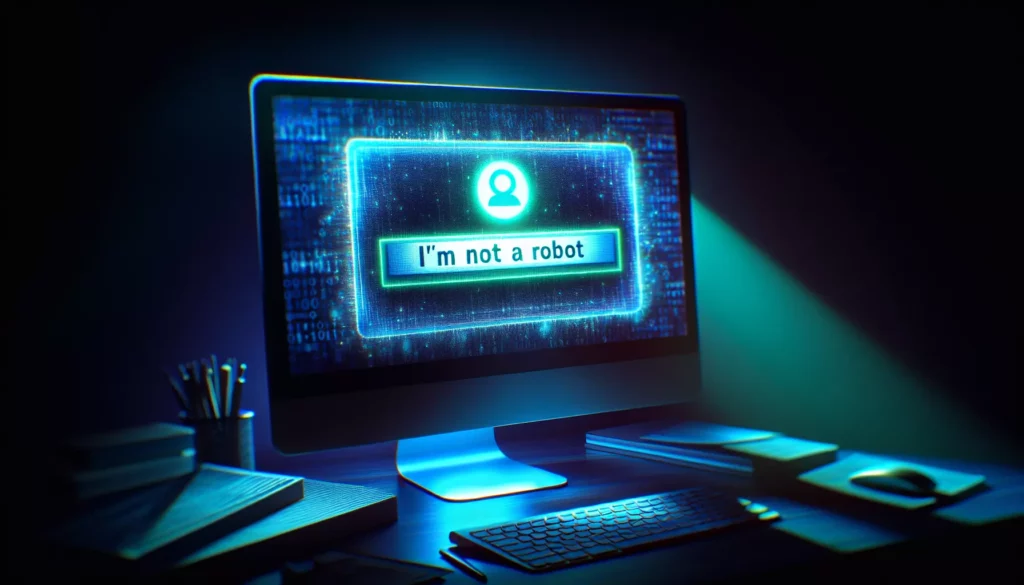Cybersecurity Breach: iClicker Platform Compromised, Exposing Students to Malware through Phony CAPTCHA Mechanism
The iClicker website, a widely used platform for student engagement, fell victim to a sophisticated ClickFix attack targeting students and educators. This security breach involved a deceptive CAPTCHA prompt that misled users into installing malware on their devices.
iClicker, part of Macmillan, serves as an essential digital tool for instructors, facilitating attendance tracking, live inquiries, and engagement monitoring for over 5 million students and 7 million instructors across various U.S. universities, including prestigious institutions like the University of Michigan and the University of Florida.
According to a security alert issued by the University of Michigan’s Safe Computing team, the incident occurred between April 12 and April 16, 2025. During this timeframe, the compromised iClicker website displayed a fraudulent CAPTCHA message instructing users to verify their status by clicking “I’m not a robot.” When users interacted with this prompt, a PowerShell script was covertly copied into their Windows clipboard—an action characteristic of a ClickFix social engineering tactic.
Victims were further prompted to execute this script through the Windows Run dialog, essentially unwittingly inviting malicious activity. Screenshots from this incident illustrate the deceptive nature of the fake CAPTCHA that was utilized.
Although the ClickFix attack has since been neutralized, security researchers noted that a Reddit user demonstrated the command on online platforms, uncovering the obfuscated PowerShell payload intended to be executed. This script was designed to connect to a remote server, ultimately retrieving additional malicious code.
Analysis of the episodes reveals that the malware payload varied depending on the type of user affected. For targeted individuals, the PowerShell execution allowed complete access to the infected devices. Conversely, non-targeted entities, such as malware-analysis sandboxes, received a benign installation of the legitimate Microsoft Visual C++ Redistributable. This discrepancy indicates a sophisticated selection mechanism based on the visitor’s profile.
ClickFix attacks have emerged as a widespread and alarming trend, prominently featuring in various malware distribution campaigns that exploited platforms like Cloudflare and Google Meet. Historical data suggests that infected users may have been subjected to data-stealing malware capable of harvesting sensitive information, including browsing credentials, financial details, and cryptocurrency wallets.
The implications of this attack extend beyond immediate data theft; the acquired information could facilitate broader cyberattacks, including ransomware deployments, particularly against the higher education sector.
Despite several attempts to solicit commentary from Macmillan about the incident, responses were not forthcoming. Nevertheless, a security bulletin on iClicker’s website dated May 6 addressed the incident. It asserted that the incident did not affect any of iClicker’s data or fundamental operations but emphasized the need for caution among users who encountered the fraudulent CAPTCHA between the specified dates. The recommendation included running security software to secure any potentially compromised devices.
For individuals impacted by the attack, the guidance included changing iClicker account passwords and proactively managing other stored computer passwords to maintain security. Usage of reputable password management tools was encouraged to safeguard personal data.
Users who accessed iClicker via the mobile application or who did not engage with the fraudulent CAPTCHA remain unharmed by this cyber incident. Immediate action is advised for anyone who followed the fake CAPTCHA instructions during the compromised period to mitigate the risks associated with potential malware installation.








